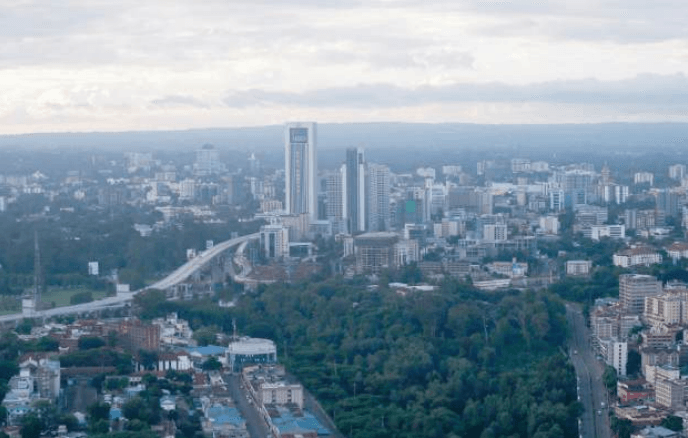The word nuclear to ordinary folks has its own context. It is synonymous with war, destruction and disasters. This is because of the negative use that nuclear energy has been subjected to which has been more pronounced than its benefits. History is replete with nuclear “misuse” primarily for war-related activities and with countries in Eastern Europe and the Far East flexing muscles on their nuclear capabilities.
On August 6 and 9, 1945, the United States of America visited disaster on the Japanese cities of Nagasaki and Hiroshima, detonating atomic bombs whose aftermath is being felt to date. It is estimated that the bombs killed more than 200,000 civilians, with many dying on the first day and a sizeable number in the subsequent days through effects of burns, radiation and associated illnesses.
The effect of this war changed the political and social landscape and defined ethical and moral responsibilities on the use of bombs, especially nuclear-related bombs.
A major disaster that was non-war related happened at the Chernobyl nuclear power plant on April 26, 1986. The accident involved one of the four nuclear reactors going out of control during testing at the Chernobyl nuclear power plant in Ukraine.
The resultant explosion released large amounts of radioactive elements into the environment around the plant after overheating of uranium fuel which subsequently melted and passed through the protective panels due to what was later blamed on inadequate safety measures.
According to an International Atomic Energy Report, 30 people died in the first three months of the accident while over 200,000 people had to be evacuated from the neighbourhood of the plant due to contamination. The contamination affected a radius of some 150,000 square kilometres. Some radioactive isotopes were blown all the way to the Scandinavian countries.
In essence, the risk surrounding the construction of a nuclear power plant cannot be underestimated and the impact can be enormous and last many years as evidenced by the many enumerated nuclear accidents. This calls for an elaborate and meticulous planning of a nuclear project be it a research prototype or a fully-fledged nuclear reactor.
The level of preparation ought to be of premium quality and due to the impact of the project, the level of public participation and public education should be in-depth to ensure not only the buy-in but the knowledge and understanding of the population on the dos and don'ts around and near a nuclear power plant.
Public participation and public education should transcend the geographical area of the plant establishment and go beyond since the impact of nuclear activities can be felt hundreds of kilometres beyond the epicentre.
Implementation of any form of nuclear project must involve high level of safety and security from accidents and human interference. This may include access to equipment and materials designated for use in the nuclear plant.
Expert advice from both local and international players must be brought on board to ensure a foolproof system that has been built considering all the possible options based on past experience and current technology.
Kenya’s proposed pioneer nuclear project stands the benefit of time and knowledge coming at a time when technology around nuclear science has evolved and much is known about the subject. While plants are decommissioned in some countries in the Western world, it is evident that a lot of industrial and economic advancement in these countries has been as a result of the utilisation of nuclear power and coal for energy generation. Nuclear being clean energy can tick some boxes in the current conversation on climate change.
The benefits of a nuclear revolution to technology, medicine, agriculture, and manufacturing cannot be gained. It can potentially create thousands of jobs and enormously contribute to the country’s Gross Domestic Product.
Perhaps these experiences should inform Third World countries in better harnessing available resources to leapfrog to the next industrial level, bearing in mind the resultant cost of managing and protecting such kinds of technology, including nuclear waste disposal.
Kenya must invest in training of experts of all categories both direct and peripheral in the management of nuclear energy and educate ordinary citizens on this journey to safe non-war use of nuclear energy.
Financial management expert in the energy sector with interests in financial and environmental sustainability











